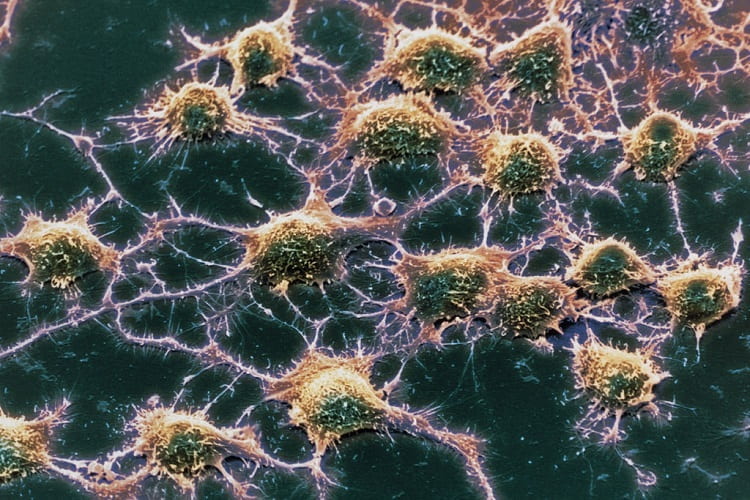For decades, researchers have sought a blood test for beta amyloid, the protein that is a hallmark of Alzheimer’s disease. Several groups and companies have made progress, and on
Thursday, scientists at Washington University in St. Louis reported that they had devised the most sensitive blood test yet.
The test will not be available for clinical use for years, and in any event, amyloid is not a perfect predictor of Alzheimer’s disease: Most symptomless older people with amyloid deposits in their brains will not develop dementia.
But the protein is a significant risk factor, and the new blood test identified patients with amyloid deposits before brain scans did. That will be important to scientists conducting trials of drugs to prevent Alzheimer’s. They need find participants in the earliest stages of the disease.
At present, a diagnosis of Alzheimer’s disease is not easy to make. Doctors rely mostly on tests of mental acuity and interviews with the patient and family members. Studies have shown that community doctors are only 50 to 60 percent accurate in diagnosing the condition — about the same as tossing a coin.
Methods that can improve accuracy, like PET scans of the brain, are expensive and often not available.
The new test relies on mass spectrometry, a tool used in analytical chemistry that, with recent technical advances, can find elusive beta amyloid molecules in blood with high precision. The lead investigator, Dr. Randall Bateman, a neurologist at Washington University, has been working on a mass spectrometry test for 20 years.\
He and a colleague, Dr. David Holtzman, founded a company ten years ago and licensed patents from their university to commercialize a mass spectrometry test if they ever developed one.
Amyloid is a normal brain protein, formed from the breakdown a much bigger protein. No one knows what its function is. “We don’t know if it has a function,” said Dr. Suzanne Schindler, a neurologist and first author of the new paper. “It might just be a piece of trash.”
The idea behind the blood test is somewhat paradoxical: If blood amyloid levels are very low, the patient may well have plaques in the brain. The reason, said Dr. Schindler, is that amyloid is “sticky.” As it gets trapped in clumps in the brain, levels dip in the blood.
